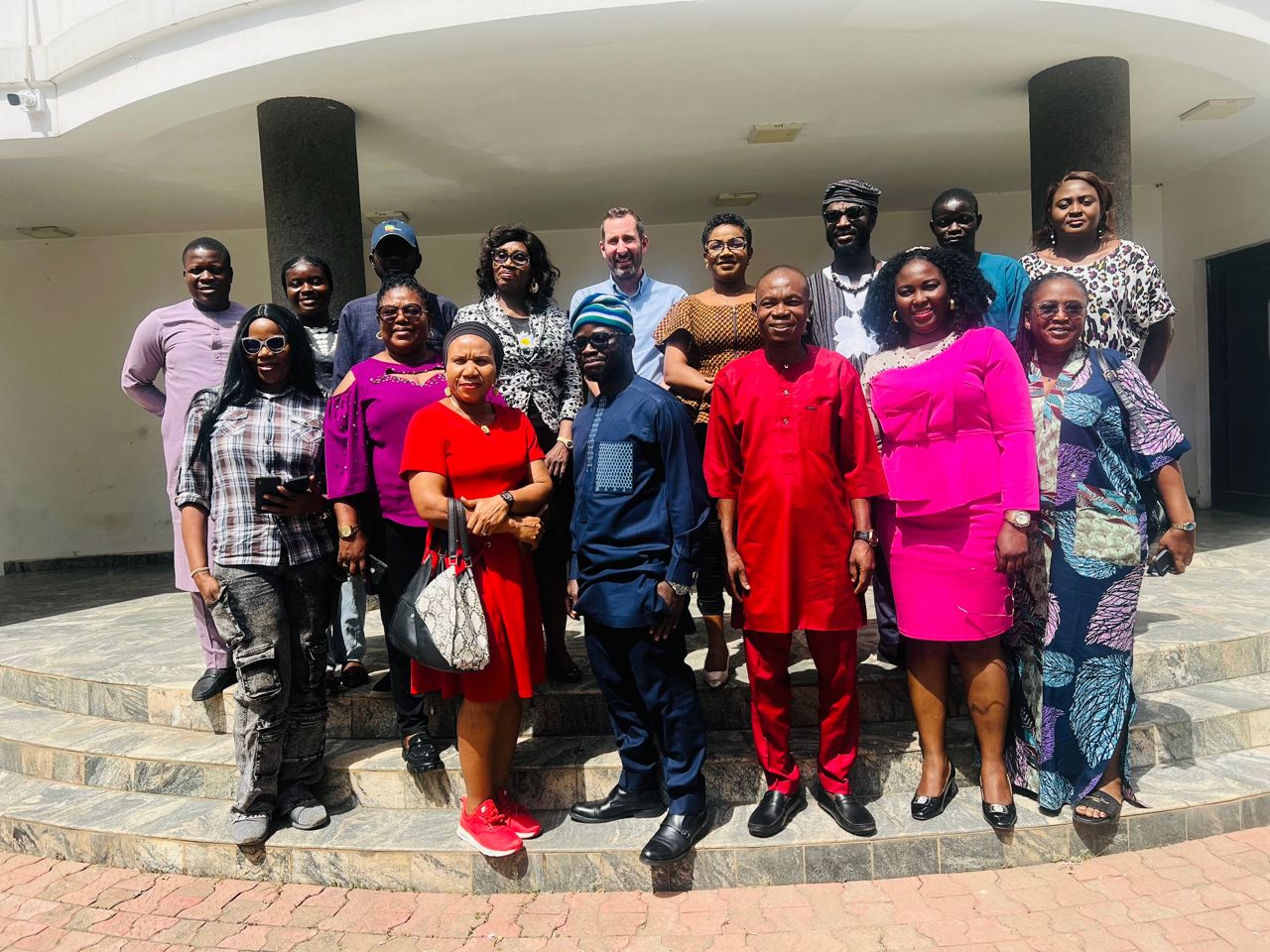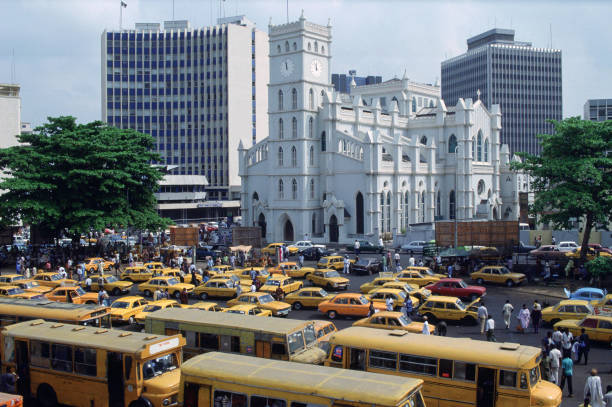It says a lot about a country when the headlines start to read like satire — except the joke is on us. In today’s Nigeria, it seems that the road to official recognition is no longer paved with merit, integrity or a track record of service, but with scandal, controversy and outright bad behaviour.
Take the not-too-recent case of Naira Marley — a man who has publicly built his music brand around street notoriety, with lyrics and lifestyle that have sparked heated arguments about morality and influence. In a move that raised eyebrows and dropped jaws nationwide, the rumor was that he had been appointed an ambassador by the National Drug Law Enforcement Agency (NDLEA). Yes, the same NDLEA that is tasked with fighting drug abuse had made a poster boy of an artist who has, intentionally or not, glamorised a lifestyle often associated with drug culture. But the agency’s spokesperson Femi Babafemi swiftly refuted the claims and said Marley was not appointed Ambassador but the agency “encourage him to use his skills and platforms to put out content that will discourage millions of his followers and Nigerian youths from substance abuse”.
Then there’s the recent King Wasiu Ayinde Marshall, better known as KWAM1, the Fuji music legend whose music and fame are unquestionable — but whose recent public outbursts at an airport made headlines for all the wrong reasons. And yet, he’s been rewarded with the title of Aviation Ambassador. If the role of an ambassador is to inspire public trust and promote good conduct, one has to wonder: what exactly are we promoting here?
We are fast becoming a nation where fame — no matter how it is earned — trumps values. Where public service appointments seem more about celebrity clout than moral example. The message to young people is dangerous but clear: you don’t have to walk the straight path, just walk the loud one. Make noise, stir trouble, get noticed — and one day, the government might just put you on a billboard.
This trend is not just embarrassing; it’s corrosive. It chips away at the already fragile moral fabric of society, where everyday citizens are told to obey the rules while those in the limelight get rewarded for breaking them. It leaves honest role models sidelined, while those who should be answering tough questions are instead shaking hands with officials for photo ops.
The real tragedy is not just the appointments themselves, but what they reveal: a deep disconnect between leadership and the people they serve. A nation’s ambassadors — whether for aviation, health, or public morality — should embody the values we wish to see in our streets, schools, and homes. Instead, we are putting the fox in charge of the henhouse, then acting shocked when feathers fly.
Nigeria deserves better. Our young people deserve role models who inspire ambition without compromising integrity. And our leaders need to remember that every appointment is a message — one that will echo far beyond the press release. Right now, the message is troubling. And if we’re not careful, tomorrow’s headlines will be even harder to read.





